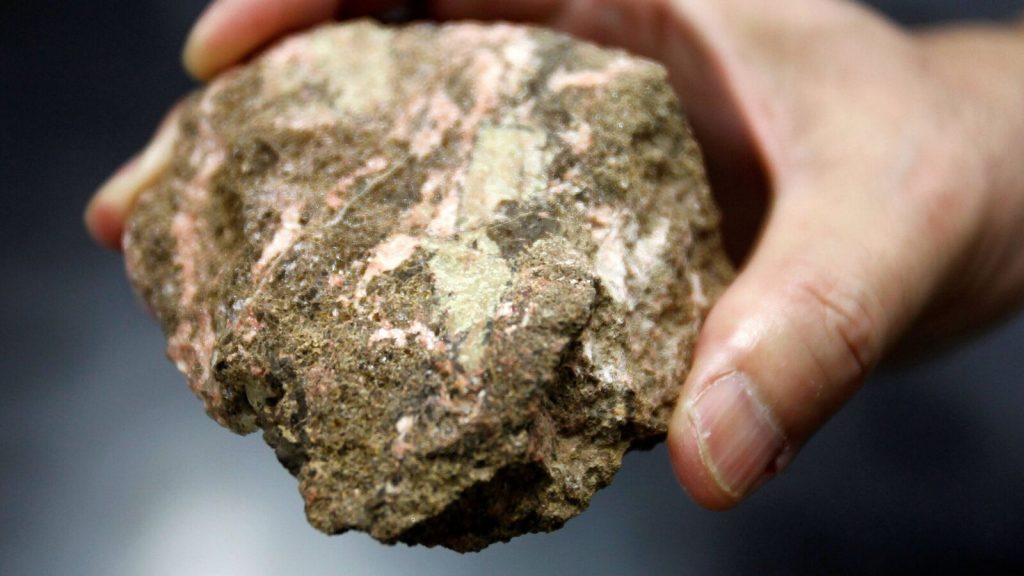Exploring the Discovery of Rare Earth Metals in Sweden: Unveiling the Hidden Treasures

Rare earth metals have become increasingly vital in various industries, ranging from electronics and renewable energy to defense and healthcare. In recent years, Sweden has emerged as a significant player in the global rare earth metals market. This article delves into the rare earth metals found in Sweden, shedding light on their significance, extraction methods, and potential applications.
- The Rich Deposits of Rare Earth Metals in Sweden:
Sweden boasts abundant reserves of rare earth metals, making it a valuable resource hub. The most notable rare earth metals found in Sweden include cerium, lanthanum, neodymium, and yttrium. These elements are primarily found in mineral deposits such as bastnäsite, monazite, and xenotime. - Extraction Techniques and Environmental Considerations:
To extract rare earth metals, Sweden employs various techniques, including traditional mining and advanced extraction methods. Traditional mining involves the excavation of ore-rich rocks, which are then processed to separate the desired rare earth metals. However, this method often poses environmental challenges due to the release of harmful byproducts and the extensive land disturbance.
In response to these concerns, Sweden has also embraced innovative extraction techniques. One such method is hydrometallurgy, which utilizes chemical processes to dissolve and extract rare earth metals from ores. This approach minimizes environmental impact and reduces the carbon footprint associated with traditional mining.
- Applications and Economic Implications:
The discovery of rare earth metals in Sweden has significant implications for various industries. These metals play a crucial role in the production of high-tech devices, such as smartphones, electric vehicles, and wind turbines. Additionally, rare earth metals are essential in the manufacturing of catalysts, magnets, and lasers.
Sweden's abundant rare earth metal reserves provide a competitive advantage in the global market. The country has the potential to become a leading supplier, attracting investments and fostering economic growth. Moreover, the sustainable extraction practices employed in Sweden enhance its reputation as an environmentally conscious and responsible producer.
- Future Prospects and Research Initiatives:
As the demand for rare earth metals continues to rise, ongoing research and development are crucial. Sweden recognizes the importance of investing in research initiatives to optimize extraction techniques, explore new deposits, and develop innovative applications for rare earth metals. Collaborations between academia, industry, and government entities are driving advancements in this field, ensuring Sweden's long-term competitiveness and sustainability.
Conclusion:
The discovery of rare earth metals in Sweden has unveiled a treasure trove of opportunities. With its rich deposits, advanced extraction techniques, and commitment to sustainable practices, Sweden is poised to become a key player in the global rare earth metals market. As industries increasingly rely on these critical elements, Sweden's contribution will shape the future of technology, innovation, and sustainable development.
